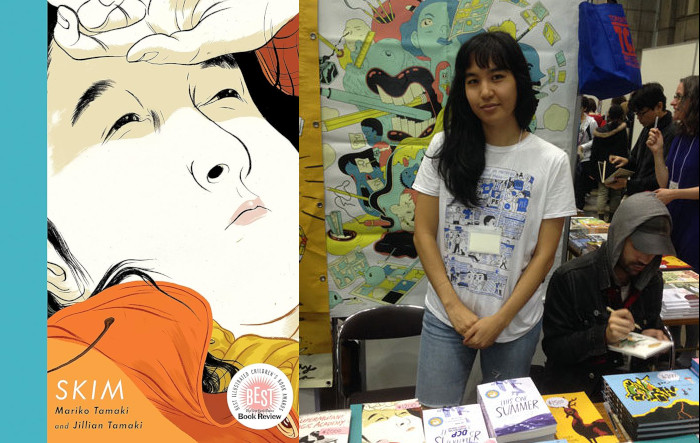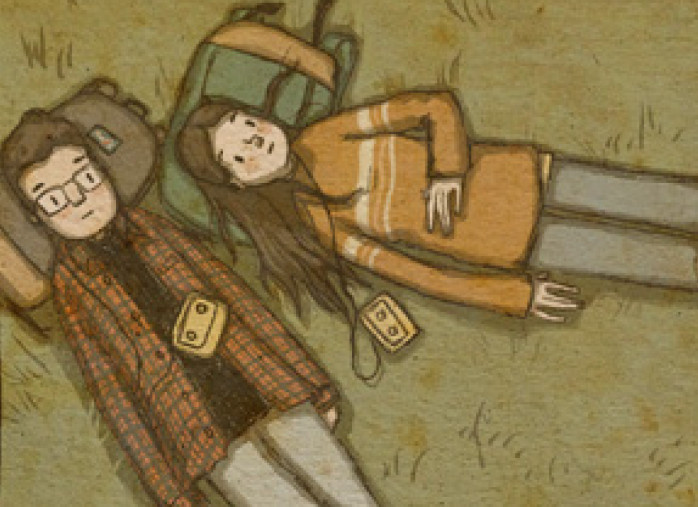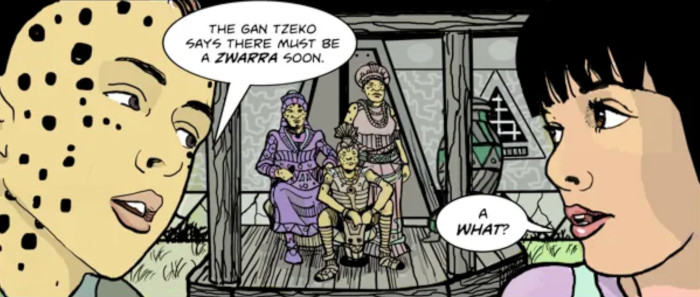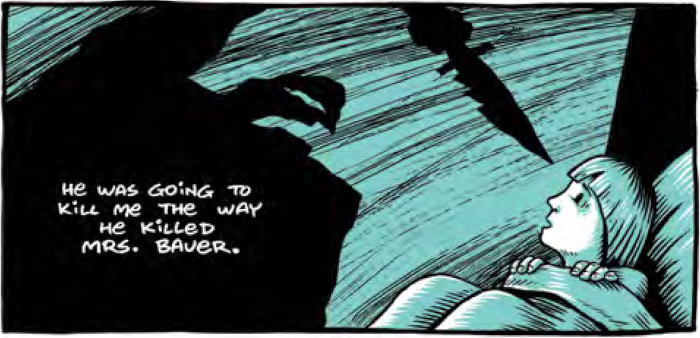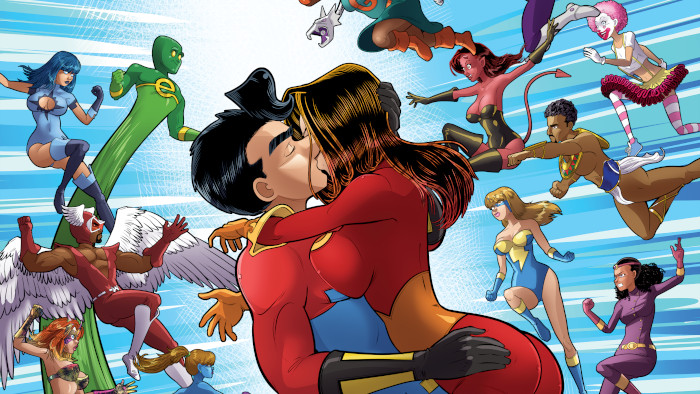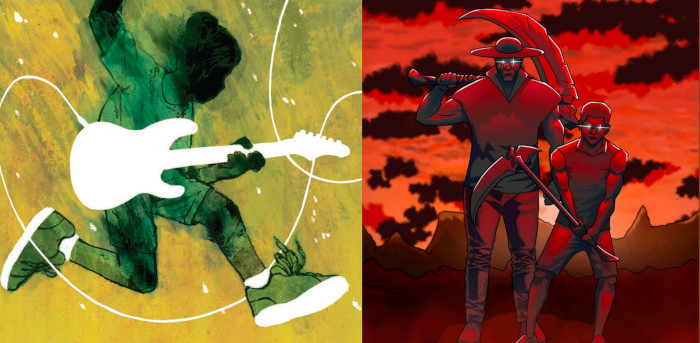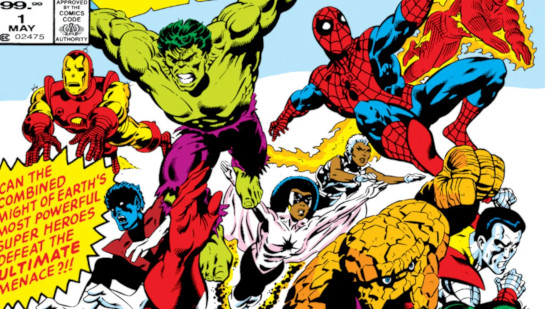
FLASHBACK! Jim Shooter, who was Marvel Editor-in-Chief from 1978 to 1987, passed away on June 30. He wrote a number of comics published by Marvel (including the original Secret Wars series) and by a number of other companies. Two years ago, Koom interviewed Shooter to find out what he thought about Marvel in its current incarnation, get his recollections of Frank Miller and Ann Nocenti’s respective starts in the comics industry, hear his theory that the nursery rhyme “Little Miss Muffet” can be a tool to teach good writing, and more. We re-present the interview this week in observance of his passing. (Originally published August 23, 2023.)
Brought to you by:
Podcast: Play in new window | Download



